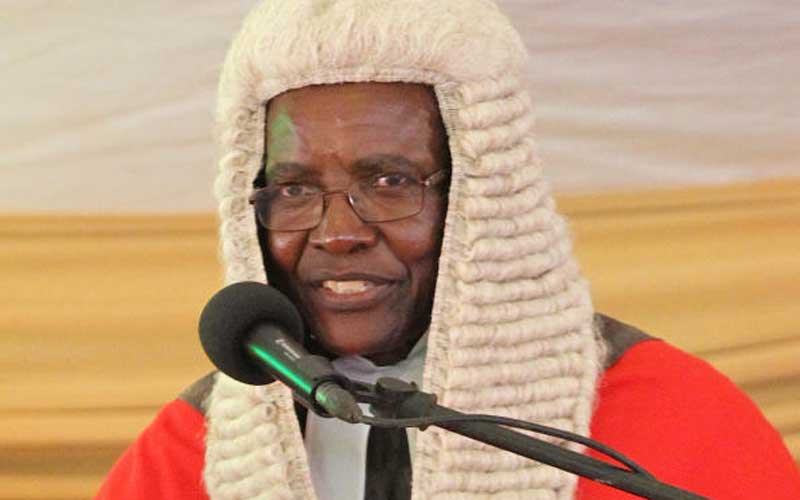×
The Standard e-Paper
Kenya’s Boldest Voice

A one-hour closed-door meeting between Chief Justice David Maraga (pictured) and President Uhuru Kenyatta failed to open the cash taps for the Judiciary, which is struggling to survive on a lean budget.